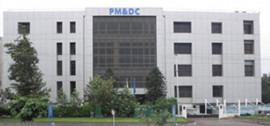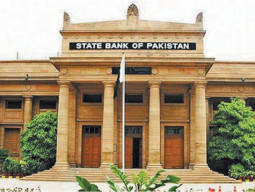
She was speaking at the 23rd Annual Cardio Conference, organised by the Pakistan Cardiac Society and American College of Cardiology - Pakistan Chapter. Cardiovascular diseases are a group of ailments that involve either the heart or the blood vessels, including veins, capillaries and arteries, or both at the same time.
Speakers on the last day of the three-day conference spoke on various issues surrounding cardiac diseases as well as successful medical interventions and the need to raise public awareness for the prevention of such diseases.
Speaking about one such preventive measure, Dr Raj Kumar Sachdewani of the Liaquat University of Medical and Health Sciences (LUMHS), Jamshoro, stressed the importance of enforcing the smoking ban in enclosed public places. Citing the example of Scotland, he said that after a ban was introduced in March 2006, there was a seven per cent reduction in hospital admissions for acute coronary syndrome.
Sachdewani said that, in rural parts of Sindh, people were not aware that the beedi (the local form of cigarettes) could also cause heart diseases. This belief is due to ignorance and illiteracy. “When we ask patients if they smoke cigarettes, they say no because they don’t know that the Beedi can also cause these diseases,” he said. Beedi is a cheap local cigarette filled with raw tobacco wrapped in a leaf with a string around it and is manufactured and sold locally.
The small community of cardiologists in Pakistan discussed their dilemmas, improvement in diagnostic strategies and the challenging cases they have come across over the years. Brigadier Tahir Iqbal, who has been working in the field of cardiology for the past 17 years, emphasised that moderate coronary lesions should not be left alone like they usually are. A moderate coronary lesion is the name for mild damage caused by a disease or injury to the arteries or tissues surrounding the heart. Ignoring these can cause further complications and can even develop into tumours.
The speakers also stressed that due to the lack of medical facilities, congenital and structural heart diseases were not cured properly. The delay in treating patients in far-flung areas and even in cities increases difficulties and complications.
Published in The Express Tribune, December 28th, 2014.


















COMMENTS
Comments are moderated and generally will be posted if they are on-topic and not abusive.
For more information, please see our Comments FAQ